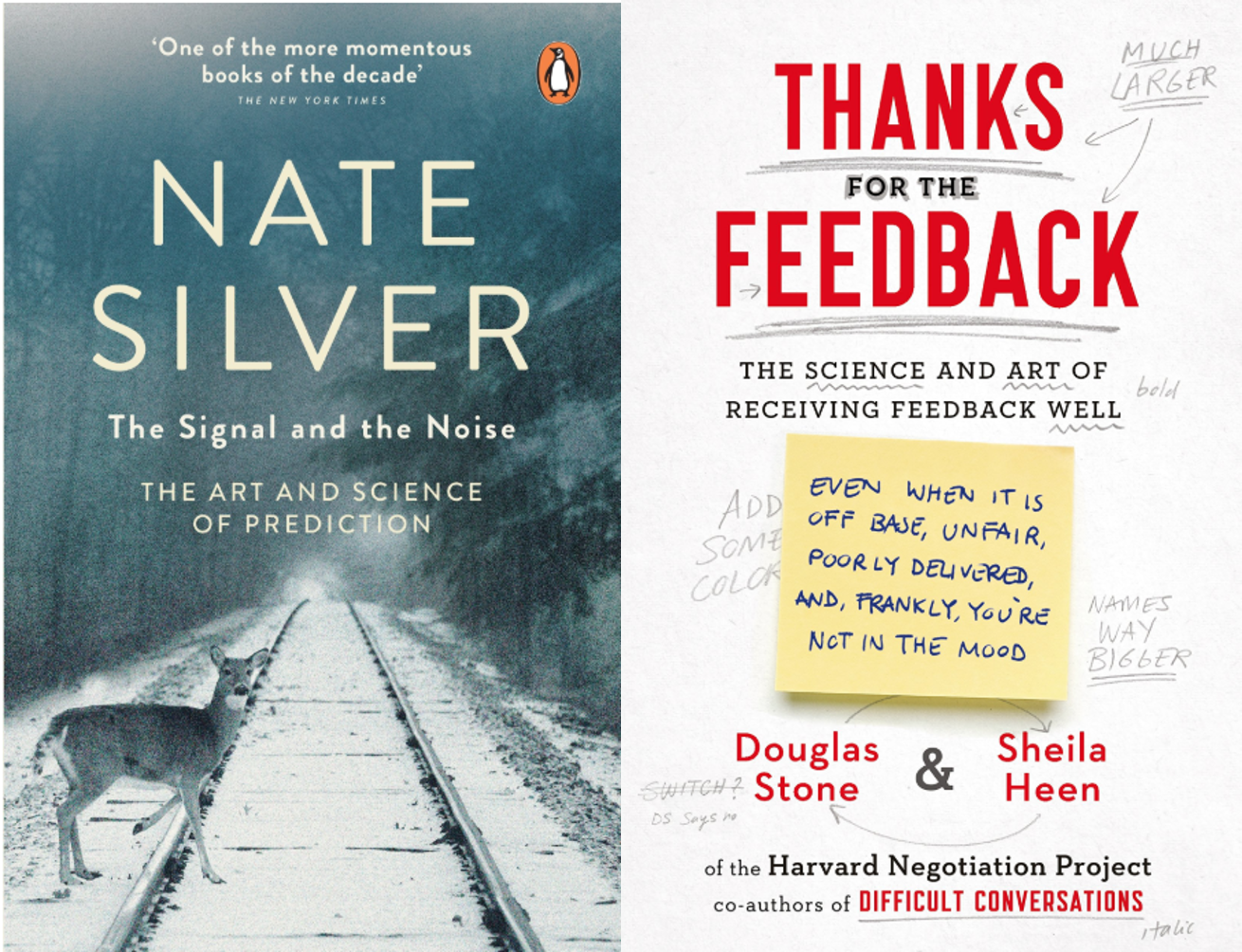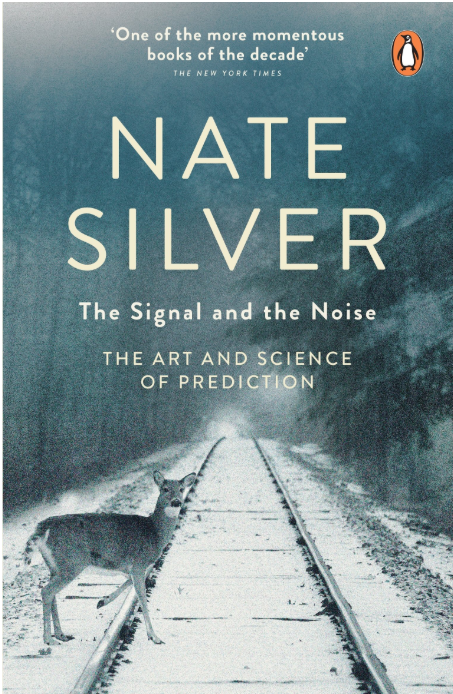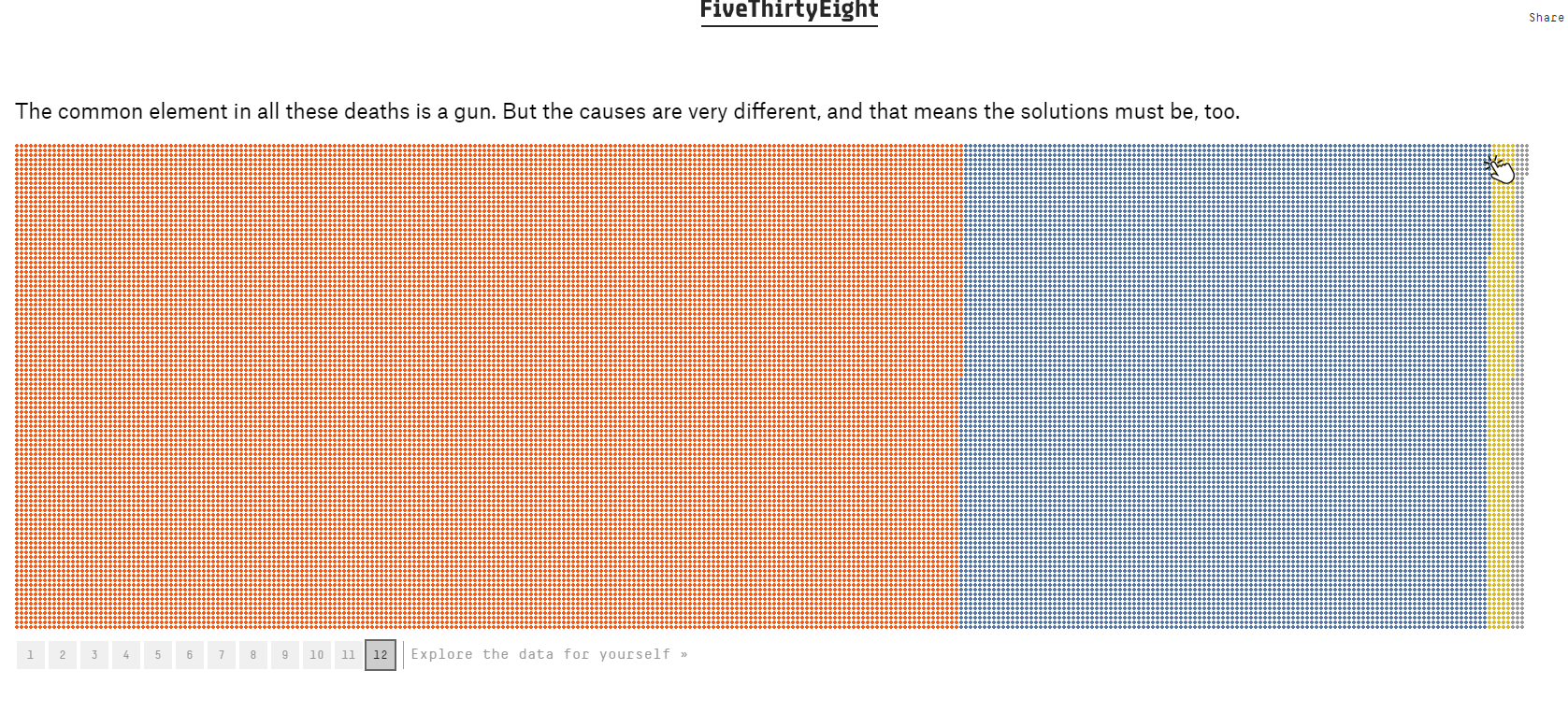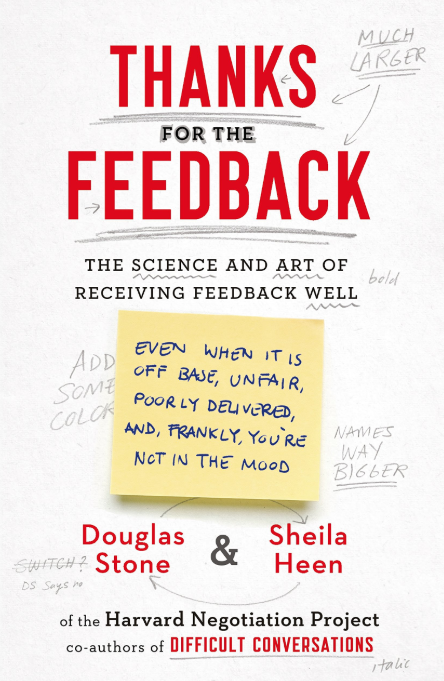Fragile's Reading Club: January

I use my commute to read books, which means I tend to get through quite a few. After someone asking me about it, I'm going to recommend two books every month which have help shape my adventures in data - one book will be about data, and the other will be about work.
The Signal and The Noise; Nate Silver

Although it still maintains in depth analysis and commentary on American sports, the impact of FiveThirtyEight on western political discourse frankly cannot be underestimated. It brought political polling into a whole new arena of meaning (along with public behaviour and aforementioned charts), and in our own local technicalities, has pushed the boundaries of thoughtful data visualisation, such as the bar chart below, which I recommend you click through to the site to explore.

The Signal and The Noise, FiveThirtyEight and Nate Silver personally haven't been immune to criticism, despite the sage like status he attained in political polling at the turn of the decade. For me, some of these are unwarranted - a book like this isn't meant to go into the nuances of probability theory in every scientific use case, and nor is it meant to be bogged down in algebra. The point of the book is to highlight that the gap between our perception of the world's workings and how it actually works is still rather wide, despite our recent proclivity to hoover up data about it. However, part of the criticism of the book, whose core mathematical premise is essentially Bayesian modelling, is I think more relevant to the hype surrounding it. In the book and subsequently, Silver is repeatedly very clear about the limits of prediction, through any method, but this is not always heeded as the message travels between parties with better things to do than finely consider the differences between a prediction and a probabilistic prediction. This has been the subject of intense debate with notables in the worlds of probability and decision making, with the fault lines drawn between accurate maths and social responsibility.
Thanks for the Feedback; Douglas Stone and Sheila Heen

Douglas Stone and Sheila Heen, as legal scholars, have put a lot of research into the book (such as results from the Harvard Negotiation Project) and it shows. One common piece of feedback I've heard about the book is that it's a little too long, with some people I know not finishing it. I have found this is not because the book is actually a wordy tome, but when reading it, it can be difficult to rein in one's mind to applying a technique or consideration elucidated in the book to a recent situation that one has been in. There is also an extent to which that some of the key takeaways from the book, such as remembering to contain that immediate clunk emotions when you get (generally negative) unexpected feedback, are "obvious". However, we have essentially created a whole genre of popular television which highlights a lot of the inherent points in the book, with commentaries making explicit the gap between people's perceptions and drama being driven by those unchained reactions to surprising situations (and feedback!) so clearly these messages are not that obvious to everyone.
I first read this two years ago and it made me a much more tolerable person to work with, as there is skill in both giving and receiving feedback (which I haven't yet mastered, but am getting better!). Even if you speak to someone with quite a mastery of words, what they mean, what they say, what you hear and what you interpret that as each provide an inflection point to change the message, which is ultimately a comparison of their life, actions and experiences to yours. The last section of the book addressing where feedback can conflict with someone's sense of identity I think is particularly important, because being able to break down what might be an eyewatering sting (whether the other person meant it or not) into useful and non useful components has gotten me out of trouble many times since. If you're not sure it's for you, I recommend reading this excerpt from the book published on NPR.
Fragile's next reading club update will be in February. If you've got any comments (or indeed feedback), do let me know.